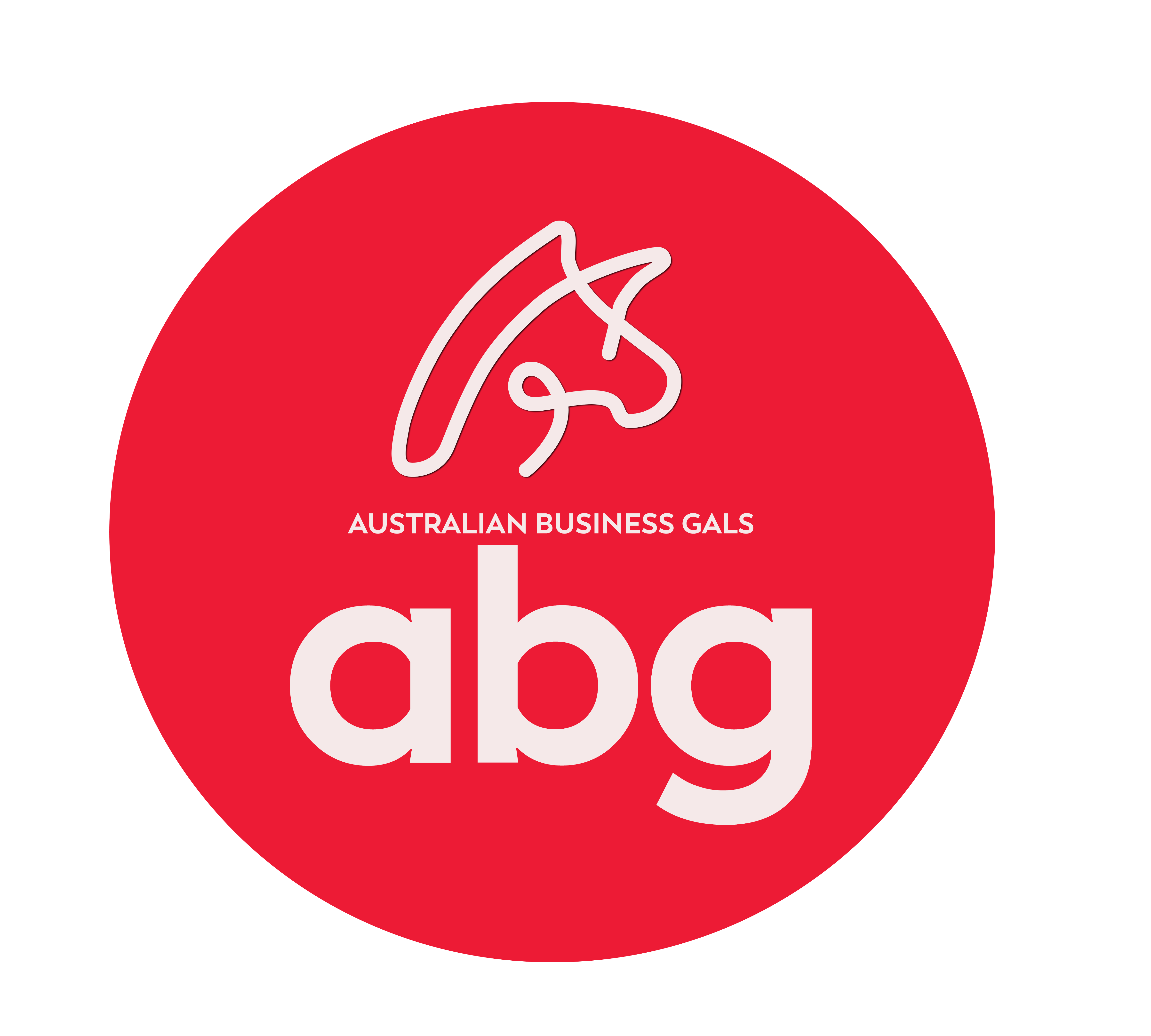Hello, beautiful souls, and welcome to today’s discussion on a topic that’s transforming the scope of marketing as we know it: Influencer Marketing! In this digital age, where social media reigns supreme, influencer marketing has emerged as a powerful force that connects brands with their target audience in a more authentic and engaging way. But what exactly is influencer marketing, and why is it such a game-changer for brands? Let’s dive in.
At its core, influencer marketing is all about leveraging the influence and reach of individuals who have built a dedicated following on platforms like Instagram, YouTube, and TikTok. These influencers, with their unique voice, style, and authenticity, have the power to sway the opinions and purchasing decisions of their audience.
Now, you might be wondering, why is influencer marketing such a good idea for brands? Well, let me break it down for you. Firstly, it’s all about trust. Unlike traditional advertising, where consumers are bombarded with brand messages, influencer marketing allows brands to tap into the trust that influencers have already established with their followers. When an influencer recommends a product or service, it feels like a genuine recommendation from a friend rather than a sales pitch.
Furthermore, influencer marketing offers brands the advantage of reaching their target audience with precision. By collaborating with influencers whose audience aligns with their target demographic, brands can ensure that their message is being heard by the right people, at the right time, and in the right place.
But enough theory, let’s talk about a real-life example of a successful influencer marketing campaign from down under! One brand that has truly mastered the art of influencer marketing is none other than the iconic Australian beauty brand, Frank Body.
Frank Body burst onto the scene with its range of coffee-based skincare products that promise to leave your skin feeling smooth, hydrated, and oh-so-radiant. But it wasn’t just the quality of their products that catapulted them to success; it was their innovative approach to influencer marketing that truly set them apart.
Frank Body understood that their target audience was active on social media, particularly Instagram, so they decided to harness the power of influencers to spread the word about their products. They didn’t just partner with any influencers, though; they carefully selected individuals who embodied their brand ethos of natural beauty, confidence, and self-love.
One of the key players in Frank Body’s influencer marketing strategy was the Australian fitness sensation, Kayla Itsines. With her massive following of health-conscious women, Kayla was the perfect fit for Frank Body’s brand image. Together, they collaborated on a series of Instagram posts and stories showcasing Kayla using Frank Body’s products as part of her daily skincare routine.
But Frank Body didn’t stop there. They also enlisted the help of micro-influencers – everyday women who were passionate about skincare and eager to share their love for Frank Body’s products with their followers. These micro-influencers created authentic, relatable content that resonated with their audience and helped to further amplify Frank Body’s message.
The result? A social media sensation! Frank Body’s influencer marketing campaign generated buzz, engagement, and, most importantly, sales. Women all over Australia (and beyond) were clamoring to get their hands on Frank Body’s signature coffee scrub, thanks to the glowing reviews and recommendations from their favorite influencers.
But perhaps the most remarkable thing about Frank Body’s influencer marketing campaign was the sense of community that it fostered. Through their collaborations with influencers, Frank Body not only promoted their products but also encouraged women to embrace their natural beauty, celebrate their individuality, and feel confident in their own skin.
Influencer marketing is not just a passing trend; it’s a powerful tool that has the potential to revolutionize the way brands connect with consumers. By harnessing the influence of individuals who resonate with their target audience, brands can create authentic, engaging campaigns that drive results and foster meaningful connections.
It’s about more than just promoting products; it’s about building relationships, sparking conversations, and inspiring positive change. As we continue to witness the evolution of influencer marketing, one thing remains clear: its transformative power knows no bounds, shaping the future of marketing in ways we’re only beginning to explore.So, whether you’re a brand looking to elevate your marketing strategy or a consumer looking for trusted recommendations, remember the power of influence – it has the ability to inspire, empower, and transform lives in ways we never thought possible. And that, my friends, is the true magic of influencer marketing.
13 questions to help you delve deeper into your brand’s influencer marketing strategy:
Who are the key influencers in our industry or niche, and how do their values align with our brand’s ethos?
What specific demographics make up our target audience, and which influencers have the most influence over these demographics?
How can we ensure authenticity and sincerity in our influencer partnerships to maintain credibility with our audience?
What metrics should we prioritize when measuring the success of our influencer marketing campaigns, beyond just sales figures?
How can we identify and differentiate between macro-influencers, micro-influencers, and nano-influencers, and which are best suited for our brand’s goals?
What platforms are most relevant to our target audience, and which influencers have the strongest presence on these platforms?
How can we effectively track ROI from our influencer marketing efforts, considering factors like engagement rates, reach, and conversion rates?
What strategies can we employ to foster long-term relationships with influencers, rather than one-off collaborations?
How can we leverage user-generated content from influencer campaigns to further amplify our brand’s message and engage our audience?
What steps can we take to ensure transparency and compliance with regulations regarding sponsored content and disclosures?
How do we navigate potential risks associated with influencer partnerships, such as controversies or changes in an influencer’s reputation?
What role does storytelling play in influencer marketing, and how can we work with influencers to craft narratives that resonate with our audience?
How can we adapt our influencer marketing strategy to stay relevant and effective?
These questions should help you reflect on and refine your brand’s approach to influencer marketing, ensuring that it aligns with your overarching goals and values while maximizing its impact on your target audience.







